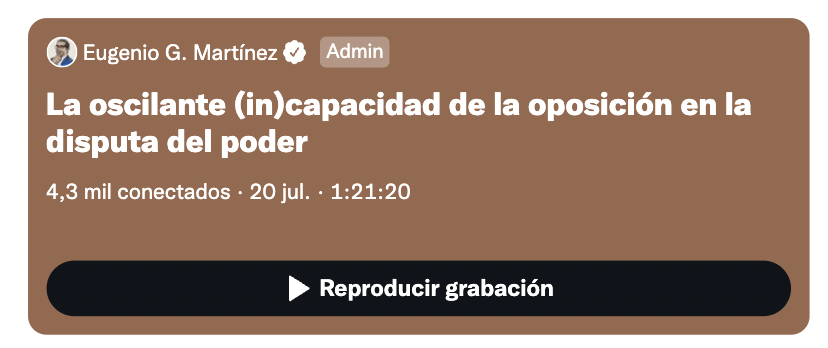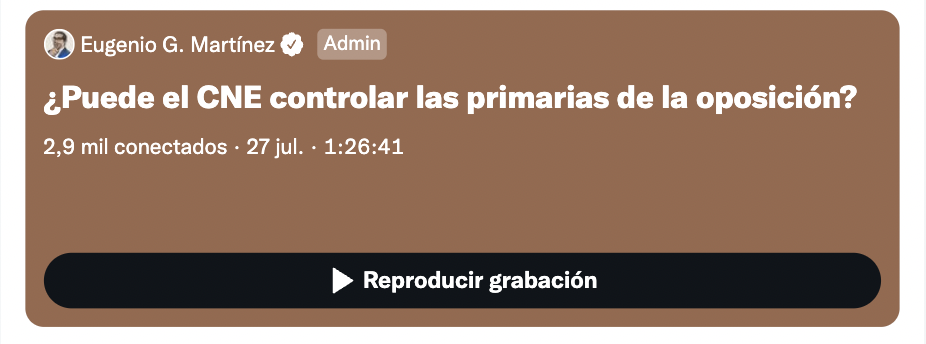Days before the Russia’s military operation launched in Ukraine, President Vladimir Putin’s Deputy Prime Minister Yuri Borisov paid a visit to Venezuela, Cuba and Nicaragua to strengthen alliances with the governments of these three countries. In Caracas, the visit addressed a new working agenda of the so-called Russia-Venezuela High Level Intergovernmental Commission (CIAN), which will celebrate its 20th anniversary. In statements to the press, Borisov said: “We have reviewed the map of world geopolitics, the state of Russia-Venezuela bilateral cooperation and we have addressed in detail each of the aspects of trade, energy, financial cooperation in the fields of health, culture, education, military.” Beyond strengthening their ties already existing, for many experts, this visit had a media interest, aimed at highlighting in the hemisphere Russia’s current growing influence across the continent. Days after the visit, Russia recognized the two regions in Ukraine, Donetsk and Luhansk, as independent, thus certainly resulting in the prelude of a large-scale military attack on Ukraine. How important is Russia’s presence for Venezuela, especially for the government of Nicolás Maduro? What does the conflict between Ukraine and Russia, especially sanctions on Russia, mean for Venezuela? Clearly, Russia has been a source of international support to the government of Nicolás Maduro, by voicing its recognition before all forums for international discussion. For several years, Russia has also become one of Venezuela’s strategic partners amid the serious crisis that have been hitting the country. If Russia-Venezuela relations are not a military alliance as far as there is no mutual defense treaty, there is a closer partnership in the diplomatic, economic and military field between two nations that share, as a common denominator, the scenario of international sanctions.
The pro-Chávez and Maduro Venezuela has deepened its relations with Russia over the past 20 years through a lot of geopolitical, energy, military-technology convergence agreements. It is worth recalling that so far, Venezuela and Russia amount to 264 agreements signed in the sectors like agriculture, oil, gas, industry, mining, military and tourism, among others, as part of the CIAN framework.
However, a large part of this significant effort has dwindled away over time as the Venezuelan crisis develops, since many agreements have not been consolidated and the biggest and more visible energy and military negotiations have declined to the point of becoming today’s tiny portion of the past.
In the energy field, Rosneft’s withdrawal from the Venezuelan oil business, especially the crude oil exploitation and distribution in some of the country’s main oil fields (Petromonagas, Boquerón, Petrojunín and Petrovictoria), and the addition of a Russian state-owned consortium in its place helped see clearly that the oil presence in Venezuela was a nuisance rather than a business opportunity for Russian joint ventures such as Rosneft.
Rosneft’s conditions in Venezuela worsened after US sanctions against TNK Trading International SA and Rosneft Trading’s subsidiaries (in February and March 2020). Thus, the Russian oil support changed from crude oil exploitation and trade to collection, with Russian banks gathering a certain experience to circumvent sanctions.
The European Union, the United Kingdom, Canada and the United States’ decision to block a certain number of Russian banks’ process of shared data and access to the Swift international banking payment system will thwart Venezuela’s international oil revenues collection from the Russian financial system.
In perspective, the dramatic price increase of oil prices (as a result of the conflict with Ukraine) represents a potential benefit for PDVSA’s foreign revenues in the short term. However, the sanctions against Russia renders the crude oil placement and collection complicated, since part of the payments move through Russia.
Nevertheless, due to the conflict scenario, some opportunities might loom ahead for Venezuela if any chance to recover some regular markets and clients in the US is seen.
Until 2021, Russia was after Canada the largest source for raw material to US refineries and in some way had replaced Venezuelan oil in several destinations in Texas and Louisiana. However, this reality has now changed and Venezuela might become once again a convenient source of supply for the US market. For Venezuela, the advantages are very clear when placing the crude oil at convenient prices without hindering revenues collection. Meanwhile, with licenses and strict guarantees, there is support of the development of opportunities such as debt-for-equity.
The obstacles to consolidate this goal are, however, very significant and in our view three of them are important: a) Maduro’s expressing support for Putin’s actions; b) The narrow stance maintained by a part aligned with the interim government on sanctions, which is highly resonant in Washington; and c) The United States midterm elections where the Venezuelan issue can be relevant and can be seen with wariness by democrat candidates.
Once mentioned the implications that the conflict with Ukraine may have on the Russian-Venezuelan energy network, it is convenient to outline Venezuela-Russia relations in the military field. As it is well known and as revealed by data from the Stockholm International Peace Research Institute (SIPRI), the largest importer of weapons in Venezuela over the last 12 years has been Russia, followed by China and Spain. However, it is worth noting that Russian arms import by Venezuela is highly correlated to the country’s oil revenues. Thus, the significant decline in resources to pay for arms imports has precipitated a drop in imports of arms and defense equipment from Russia.
Thus, what remains for the present has been the technical assistance and the presence of Russian technical personnel who provide support for the enormous variety of Russian equipment operated by the Bolivarian National Armed Forces (FANB). There are also training elements, Russian special forces units, including military contractors that provide training to Venezuelan military and police staff. This assistance will not increase with the conflict in Ukraine, and also that deployment of combat units operated by Russia in Venezuela and Cuba, apparently suggested by Deputy Foreign Minister Sergei Ryabkov, seems far from realizing in the short term.
Russia-Venezuela relations and the impact of the conflict






